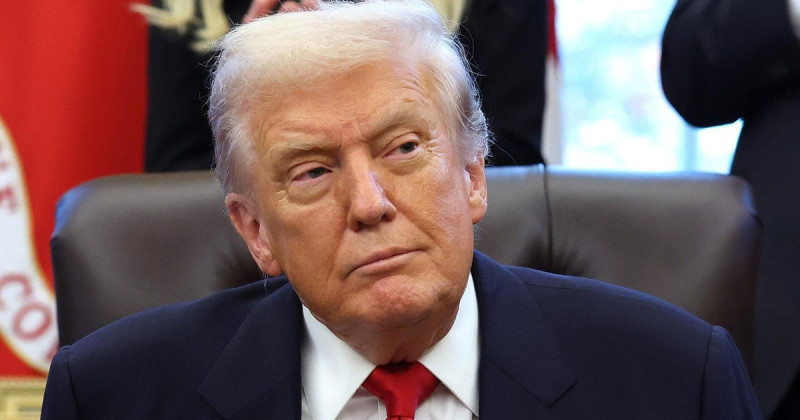In a late-night vote on November 11, 2025, the U.S. Senate approved sweeping legislation that effectively bans nearly all hemp-derived THC products nationwide. Tucked into a must-pass government funding bill to avert a shutdown, the measure sets a stringent total THC limit of 0.4 milligrams per serving, rendering popular items like gummies, vapes, and even beverages illegal by late 2026. This move, backed by President Trump, has caught many in the hemp sector off guard, reigniting old debates over prohibition in a post-legalization era.
The hemp industry, which exploded after the 2018 Farm Bill legalized low-THC hemp, now faces a potential wipeout. Over the past few years, sales of these intoxicating products have surged to billions, with thousands of small businesses relying on them for revenue. Critics argue the ban overlooks the nuances of hemp versus marijuana, potentially stifling innovation in wellness and agriculture. An amendment to strip the THC ban language was swiftly rejected, leaving advocates scrambling as the bill heads to the House.
While proponents hail it as a safeguard against unregulated highs, the timing feels opportunistic amid fiscal wrangling. Hemp farmers and retailers, already navigating patchy state laws, worry about job losses and market chaos. As enforcement details emerge, one can't help but wonder if this signals a broader clampdown on cannabis derivatives or just another chapter in federal inconsistency.



